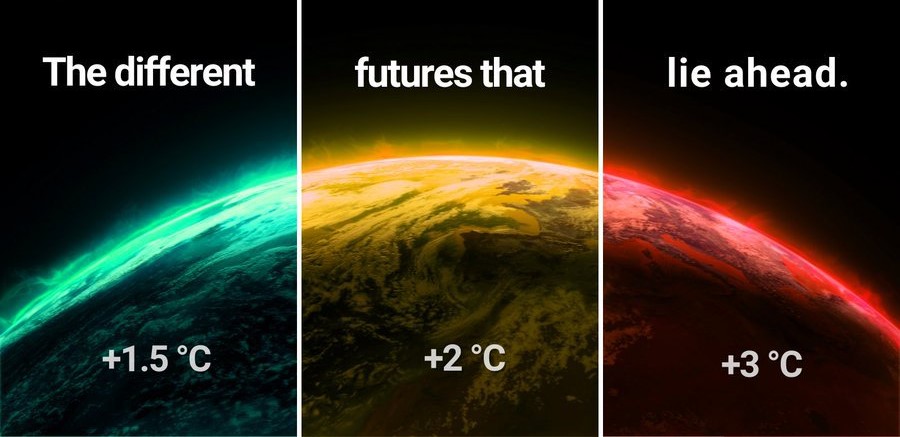With every increment of global warming, extreme heat and rainfall events become more frequent and more intense.


Greenhouse gases, such as carbon dioxide, from human activities are responsible for approximately 1.1°C of warming since 1850-1900. This has already caused significant changes in the climate, including more extreme weather events, which have caused widespread harm to people and nature. .
If global warming exceeds 1.5°C above pre-industrial levels, there will be more heat waves, longer warm seasons and shorter cold seasons. At 2°C of global warming, extreme heat would more often cross critical tolerance thresholds with devastating impacts on agriculture and human health. Increasing changes to wetness and dryness, to winds, snow and ice, coastal areas and oceans, will affect different regions in different ways


